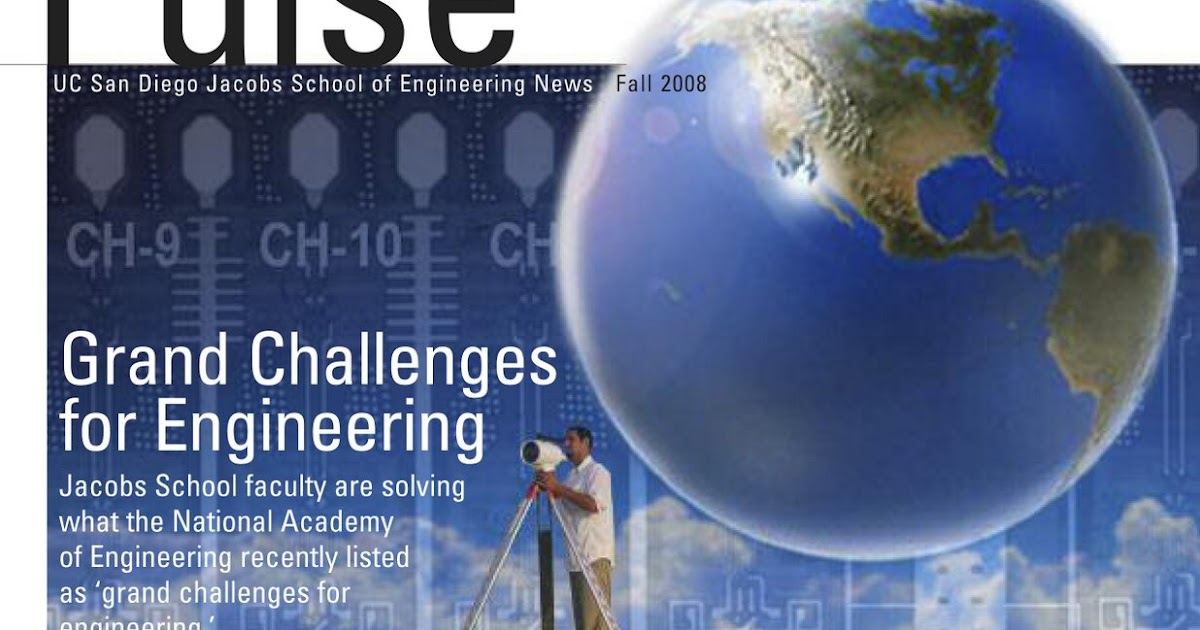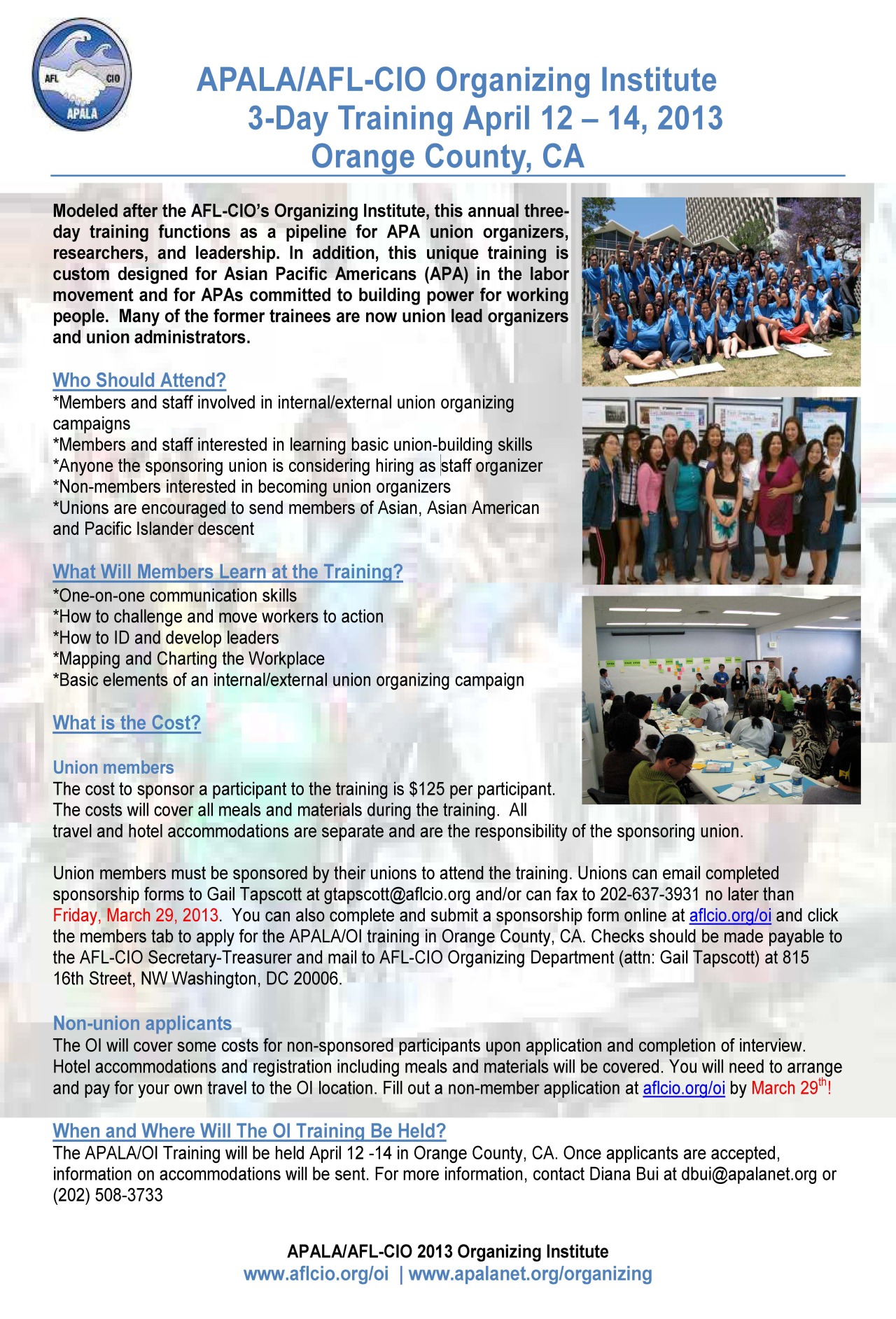
(If your database doesn’t have this, Google Find more citations by looking at sources that cite the sources you find.Literature review in the article itself.) Sometimes these citations are included in the database. Find more citations by looking at the bibliography/cited references of sources youįind.Try running new searches using those terms. Also skim the abstractsįor additional keywords. Vocabulary assigned to describe the topic in the database. When you find good hits, look at the subject headings.Most databases have some sort of limitsĪrticles, dissertations, book chapters, etc.).– As appropriate, use AND’s, OR’s, truncation, Take 1 minute to develop a keyword search.Puerto rico and (cargo or shipping or trade)Īnd ("jones act" or "merchant marine act") In many databases, you can combine words together into.

To take the place of letters to get hits with multiple

In many databases, you can use a symbol such as * or !.– Jones Act and Puerto Rico shipping or cargo Term must appear in the hit-for synonyms or evenly With and (both terms must appear in the hit)and or (one In most databases, you can combine terms.– Individual titles on International Statistics & Background Tanks, government information from around the world) – Google Custom Search engines (for IGOs, NGOs, think – all ProQuest databases & all EBSCOhost databases Look like they will lead you to useful sources. Tools (databases) and choose at least 3 that Then spend 4 minutes reading descriptions of Reports, etc.) are most useful for this project.Ģ. Sources (books, scholarly articles, news, Information Timeline Graphic by adstarkel. Generally available in specialized databases or Library has literally hundreds of databases for finding articles. More quickly, making them somewhat more current. Scholarly articles cover more specific topics than books.īecause they are shorter, they are often published a little Tip: Not enough at UC San Diego, or the.Tip: Many of the Library’s books are now.Knowing which tools might help you find what you're looking for will save youīooks typically cover a single topic in depth.Each tool helps you find a specific, limited kind and amount of information.– Books or publications written by experts in theįield, and published by reliable publishers Take another 1 minute to brainstorm: WhatĪre some terms you would expect to see in a Topic, so at least you have an idea on paper,Įven if it’s vague. – Goods: freight, shipping, trade, importsġ. – Puerto Rico: territory, island, colony, colonial – Jones Act: Merchant Marine Act of 1920, P.L. Narrow your focus) or more general terms (to Think of other ways to phrase those concepts.Break that statement into key concepts,.Owned and crewed by Americans, impacted Puerto ports beĬarried on ships built in the United States and – How has the Jones Act, which requires that all Develop your research question, hypothesis, or.Avoid controversial topics for your first edits.

– Your best bets are Stub and Start articles of Mid, – WikiProject pages usually have an assessment Improving coverage in a certain category. WikiProject, a group of Wikipedians focusing on Missing citations probably need some work

Online scheduling via MyStudentChart is now live.


 0 kommentar(er)
0 kommentar(er)
